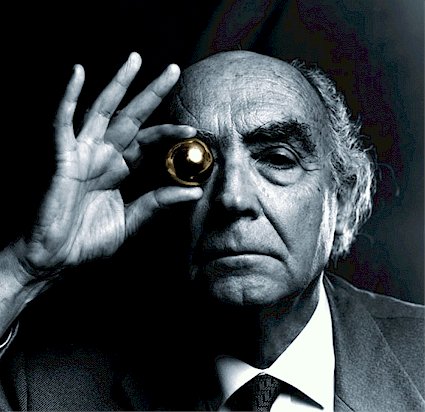The Latest Coetzee
As regular readers of this blog know, I’m a huge fan of J.M. Coetzee, so I’m anxiously awaiting the release of his new novel, Summertime, which won’t be out here in the U.S. for quite a while. Fortunately, the most recent issue of the New York Review of Books includes an excerpt. Here’s a little taste:
By the time he arrives for his first stint, Mrs. Noerdien and the counter hands have gone home. He is introduced to the brothers. “My son John,” says his father, “who has offered to help with the checking.”
He shakes their hands: Mr. Rodney Silverman, Mr. Barrett Silverman.
“I’m not sure we can afford you on the payroll, John,” says Mr. Rodney. He turns to his brother. “Which do you think is more expensive, Barrett, a Ph.D. or a CA? We may have to take out a loan.”
They all laugh together at the joke. Then they offer him a rate. It is precisely the same rate he earned as a student, sixteen years ago, for copying household data onto cards for the municipal census.
With his father he settles down in the bookkeepers’ glass cubicle. The task that faces them is simple. They have to go through file after file of invoices, confirming that the figures have been transcribed correctly to the books and to the bank ledger, ticking them off one by one in red pencil, checking the addition at the foot of the page.
They set to work and make steady progress. Once every thousand entries they come across an error, a piddling five cents one way or the other. For the rest the books are in exemplary order. As defrocked clergymen make the best proofreaders, so debarred lawyers seem to make good bookkeepers— debarred lawyers assisted if need be by their overeducated, underemployed sons.
You can read the full excerpt here. Summertime features Coetzee himself as a character: the novel is about an English biographer who is working on a book about the now-dead writer “John Coetzee.”

